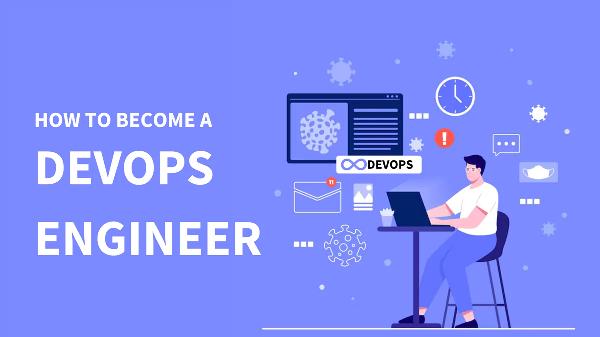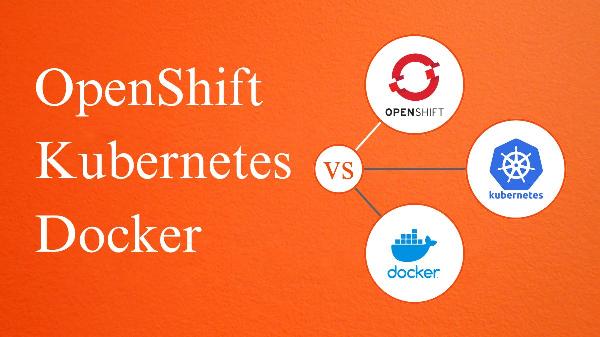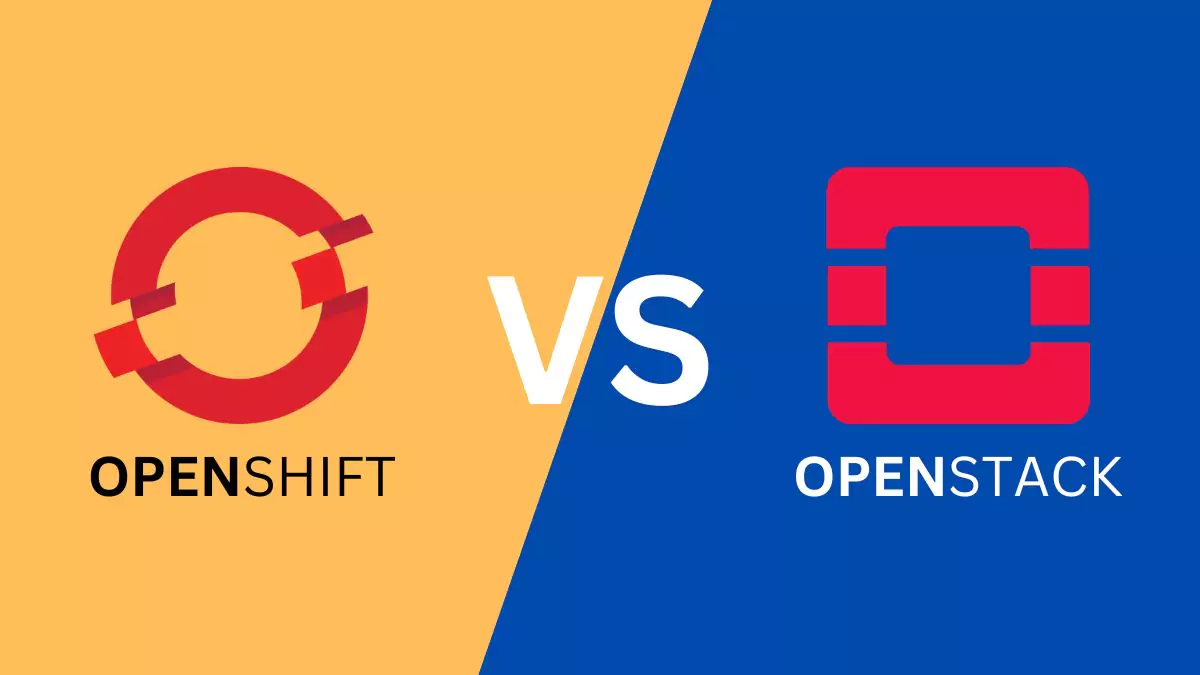Becoming a DevOps Engineer: A Career Path

Strong 8k brings an ultra-HD IPTV experience to your living room and your pocket.
DevOps represents a cultural shift towards collaboration, automation, and continuous improvement within software development and IT operations. A DevOps engineer serves as a linchpin in this transformation, bridging the gap between development and operations teams. DevOps is a collaborative approach that integrates development and operations teams to accelerate software delivery. By emphasizing automation and continuous improvement, DevOps aims to shorten development life cycles while increasing software quality. DevOps engineers play a pivotal role in bridging the gap between these teams, ensuring smooth software development and deployment processes.
Core Competencies of a DevOps Engineer
To excel as a DevOps engineer, a robust skill set is essential. This encompasses:
Technical Proficiency:
Programming languages (Python, Ruby, Go) for scripting and automation
Systems administration (Linux/Unix) including networking and security
Cloud platforms (AWS, Azure, GCP) for infrastructure management
Containerization technologies (Docker, Kubernetes) for application packaging and orchestration
Configuration management tools (Ansible, Puppet, Chef) for infrastructure automation
CI/CD pipelines (Jenkins, GitLab CI/CD, CircleCI)
Monitoring and logging solutions (Prometheus, Grafana, ELK Stack)
Programming: Proficiency in languages like Python, Ruby, or Bash for scripting and automation.
Systems Administration: Understanding Linux/Unix systems, networking, and security.
Cloud Platforms: Knowledge of AWS, Azure, or GCP for infrastructure management.
Containerization: Expertise in Docker and Kubernetes for application packaging and orchestration.
Configuration Management: Familiarity with tools like Ansible, Puppet, or Chef for automating infrastructure provisioning.
CI/CD: Understanding Continuous Integration and Continuous Delivery pipelines, using tools like Jenkins, GitLab CI/CD, or CircleCI.
Monitoring and Logging: Experience with tools like Prometheus, Grafana, and ELK Stack for system monitoring and troubleshooting.
Soft Skills:
Collaboration: Ability to work effectively with development and operations teams.
Problem-solving: Identifying and resolving issues efficiently.
Communication: Clearly conveying technical information to both technical and non-technical audiences.
Automation Mindset: Continuously seeking opportunities to automate tasks.
Collaboration: Ability to work effectively with development and operations teams.
Problem-solving: Identifying and resolving issues efficiently.
Communication: Clearly conveying technical information to both technical and non-technical audiences.
Automation Mindset: Continuously seeking opportunities to automate tasks.
Building Your DevOps Journey
Solid Foundation:
Acquire a strong understanding of programming, scripting, and system administration.
Explore cloud platforms and their services.
Learn about version control systems like Git.
Hands-On Experience:
Build personal projects to practice DevOps principles.
Contribute to open-source projects.
Experiment with different tools and technologies.
Certifications:
Consider certifications like AWS Certified DevOps Engineer, Azure DevOps Engineer Expert, or Kubernetes Certified Administrator to validate your skills.
Networking:
Attend industry conferences and meetups.
Connect with other DevOps professionals on platforms like LinkedIn.
Participate in online forums and communities.
Continuous Learning:
Stay updated with the latest DevOps trends and technologies.
Explore new tools and automation techniques.
Enhance your problem-solving and troubleshooting abilities.
Finding Your First DevOps Job
Highlight Your Skills: Clearly articulate your DevOps skills and experience in your resume and cover letter.
Showcase Your Projects: Demonstrate your practical knowledge through personal projects.
Prepare for Interviews: Practice technical questions and be ready to discuss your DevOps philosophy.
Start as a Systems Administrator or Developer: Gaining experience in these roles can be a stepping stone to DevOps.
Remember, DevOps is a journey, not a destination. Continuous learning and adaptation are key to success in this dynamic field. By combining technical expertise with a strong understanding of collaboration and automation, you can build a rewarding career as a DevOps engineer. By emphasizing automation and continuous improvement, DevOps aims to shorten development life cycles while increasing software quality. DevOps engineers play a pivotal role in bridging the gap between these teams, ensuring smooth software development and deployment processes.
Note: IndiBlogHub features both user-submitted and editorial content. We do not verify third-party contributions. Read our Disclaimer and Privacy Policyfor details.




